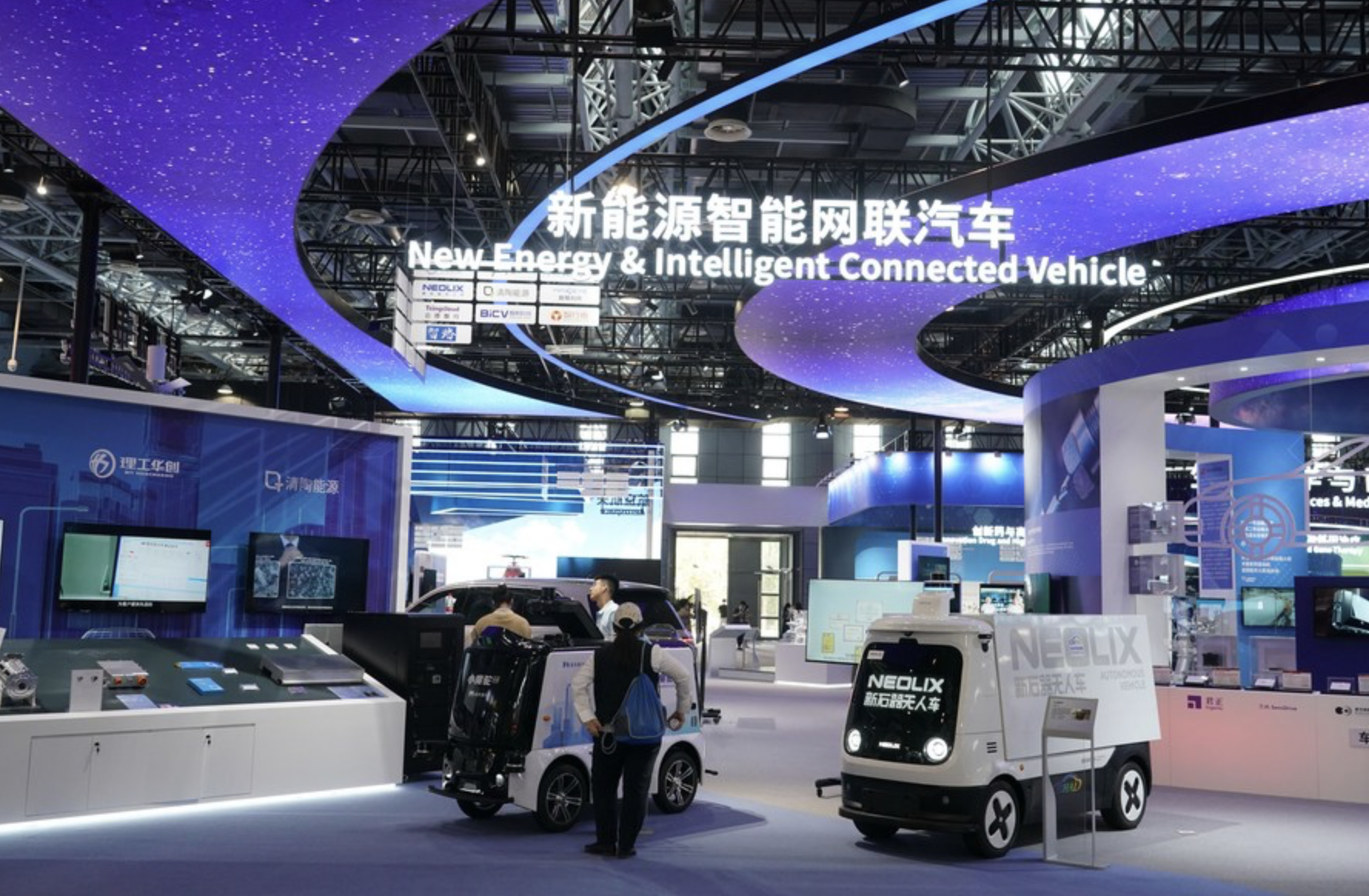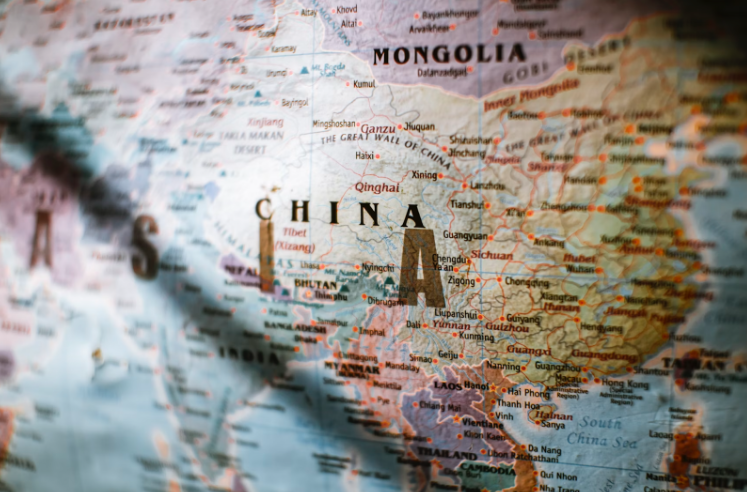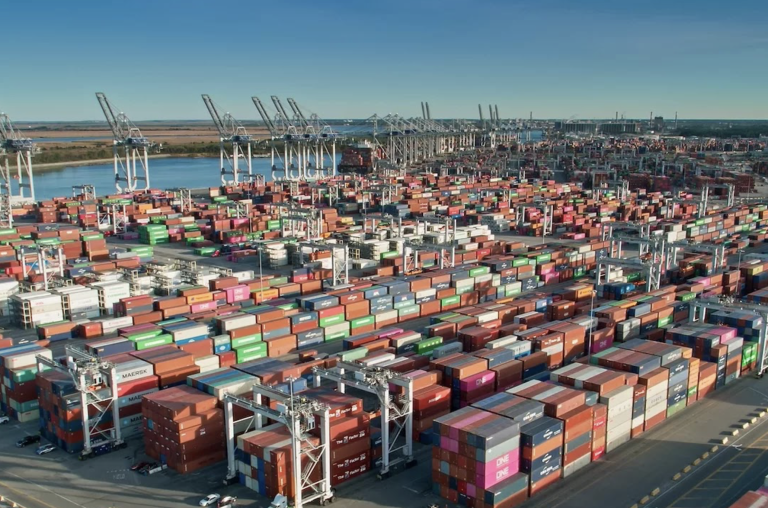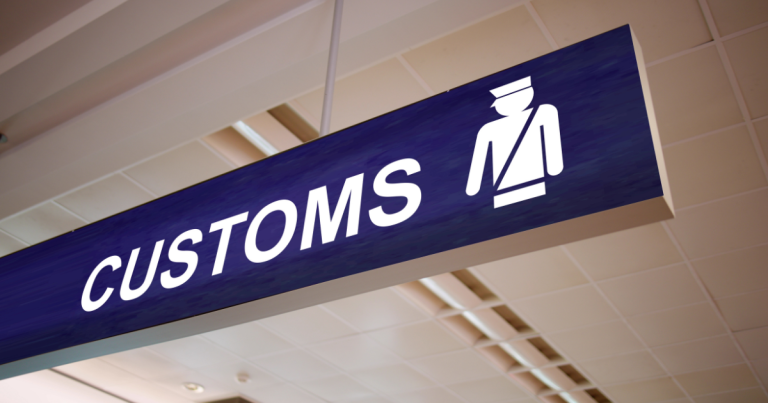China Signals Tighter Controls on Dual-Use Exports: A Call for Vigilance from UAE’s Tech Sector
In a move that underscores its commitment to national security and non-proliferation, China’s Ministry of Commerce (MOFCOM) has released a draft regulation aimed at strengthening the control of dual-use item exports. The draft, which was published for public consultation in mid-September 2025, signals a potential tightening of the rules governing the export of goods and technologies that have both civilian and military applications. For the UAE’s rapidly growing technology and manufacturing sectors, this development warrants close attention and a proactive approach to compliance.
The draft regulation is part of China’s broader efforts to modernize its export control regime and align it with international best practices. By creating a more robust and transparent system for managing the export of dual-use items, Beijing aims to prevent the proliferation of sensitive technologies while also ensuring that legitimate trade is not unduly hindered. This article provides an analysis of the draft regulation and its potential implications for UAE businesses.
Key Provisions of the Draft Regulation
The draft regulation introduces several key changes to China’s existing export control framework for dual-use items. The most significant provisions are as follows:
| Provision | Description |
|---|---|
| Expanded Scope of Controlled Items | The draft regulation is expected to expand the list of controlled dual-use items to include emerging technologies such as artificial intelligence, quantum computing, and synthetic biology. This will require businesses to be more vigilant in identifying whether their products or technologies are subject to export controls. |
| Stricter Licensing Requirements | The draft regulation proposes a more stringent licensing process for the export of dual-use items. This will likely involve a more thorough review of the end-user and end-use of the exported items to ensure they are not being diverted for military or other unauthorized purposes. |
| Enhanced End-User and End-Use Verification | The draft regulation places a greater emphasis on end-user and end-use verification. Exporters will be required to conduct more thorough due diligence on their customers and to obtain assurances that the exported items will not be used for illicit purposes. |
| Increased Penalties for Violations | The draft regulation proposes significantly higher penalties for violations of the export control laws. This includes substantial fines, the revocation of export licenses, and, in serious cases, criminal liability. |
Implications for UAE Businesses
The draft regulation on dual-use item exports could have significant implications for UAE businesses, particularly those in the technology, manufacturing, and defense sectors.
For Technology Companies
UAE technology companies that source components or technologies from China will need to be particularly mindful of the new regulations. The expanded scope of controlled items could mean that products that were previously not subject to export controls may now require a license. This will require businesses to have a clear understanding of the technical specifications of their products and to work closely with their Chinese suppliers to ensure compliance.
For Manufacturing Companies
UAE manufacturing companies that use Chinese-made equipment or components in their production processes could also be affected. If the equipment or components are classified as dual-use items, their export to the UAE could be subject to licensing requirements. This could lead to delays in the supply chain and may require businesses to find alternative sources for their equipment.
For the Defense Sector
The UAE’s defense sector, which has a growing partnership with China, will also need to pay close attention to the new regulations. Any defense-related trade or cooperation with China will need to be carefully scrutinized to ensure that it is in compliance with both Chinese and international export control laws.
A Proactive Approach to Compliance
Given the potential impact of the new regulations, UAE businesses should take a proactive approach to compliance:
- Conduct a risk assessment: Identify any potential risks associated with the new regulations and develop a plan to mitigate them.
- Enhance due diligence: Implement more robust due diligence procedures to verify the end-user and end-use of any dual-use items sourced from China.
- Engage with suppliers: Work closely with your Chinese suppliers to ensure they are aware of the new regulations and are taking the necessary steps to comply.
- Stay informed: The export control landscape is constantly evolving. Stay up-to-date on the latest developments to ensure your business remains compliant.
Balancing Security and Trade
The draft regulation on dual-use item exports reflects the delicate balance that China is seeking to strike between protecting its national security and promoting international trade. For the UAE, a country that has a strong and growing economic partnership with China, this development is a reminder of the importance of vigilance and a proactive approach to compliance. By understanding and adapting to the new regulations, UAE businesses can continue to benefit from the vast opportunities that the Chinese market has to offer while also contributing to a more secure and stable global environment.
References
[1] Gide Loyrette Nouel. (2025, October 2). China Strengthens Export Controls and Proposes New Licensing Rules. Retrieved from https://www.gide.com/en/news-insights/china-strengthens-export-controls-and-proposes-new-licensing-rules/







